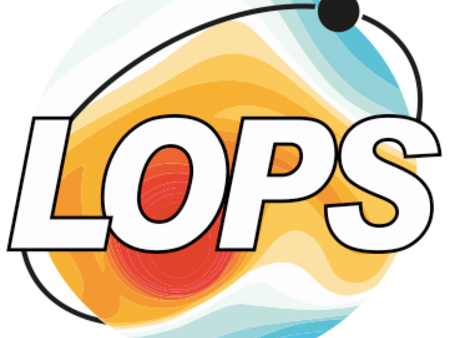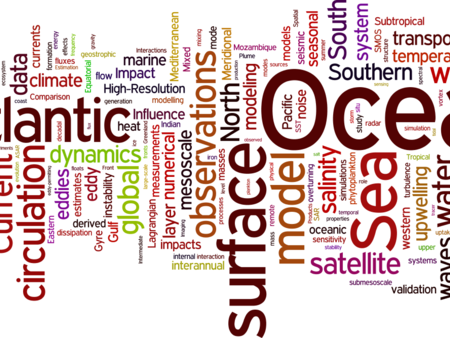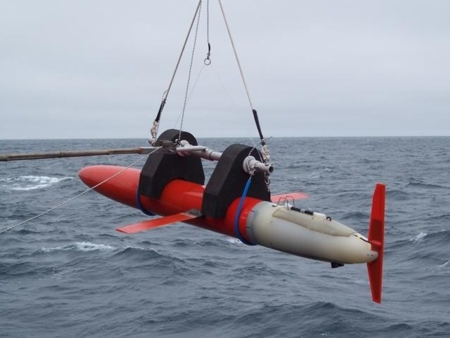LPO - Laboratoire de Physique des Océans
LPO is involved in process studies in Physical Oceanography, with an expertise in large-- and mesoscale geophysical fluid dynamics, from both observational and modeling perspectives. It has been involved in geophysical turbulence since the mid 80s and in High Performance Computing, using the Earth Simulator Center in Japan for the past 5 years.
As the coordinator, LPO will watch over the oceanographic relevance of the whole project, while the other partners are expert in fluid dynamics issues.
The “Laboratoire de Physique des Océans” (LPO) created on January 1, 1991 is a French Joint Research Unit (Unité Mixte de Recherche, UMR 6523) between:
- CNRS (Centre National de la Recherche Scientifique; National Centre for Scientific Research),
- Ifremer (Institut Français de Recherche pour l’Exploitation de la MER; French institute for exploitation of the sea),
- IRD (Institut de Recherche pour le Développement; Research Institute for the Development),
- UBO (Université de Bretagne Occidentale; University of Western Brittany).
It is set on two geographical sites: Brest Ifremer centre in Plouzané and the campus of UBO in Brest. Its staff and contractual funding come from its four regulating bodies: CNRS, Ifremer, IRD and UBO. The LPO assignments deal with education and research tasks.
The scientific goals of LPO are associated with the strengthening of knowledge about the mechanisms that govern ocean dynamics at various time- and space-scales through three main research topics:
- The mechanisms at play in ocean dynamics from the sub-mesoscale to the basin scale;
- Climate changes: ocean role and thermohaline circulation effects;
- A better understanding of Coastal-open Ocean exchanges to gain more insight into the regionalisation of the impacts by climate changes upon margins and ecosystems.
The approach developed by LPO associates:
- Ocean cruises devoted to process studies and monitoring of ocean variability with, possibly, implementation of specific technological developments;
- Exploration and quantification of ocean dynamics from field measurements: development of techniques for the validation, analysis and statistic quantification of the databases made by the LPO staff and more global bases of historical or Argo-type real-time data;
- Ideal modelling for process and ocean functioning studies;
- Realistic modelling in order to simulate ocean response to climate changes and regional impact.







